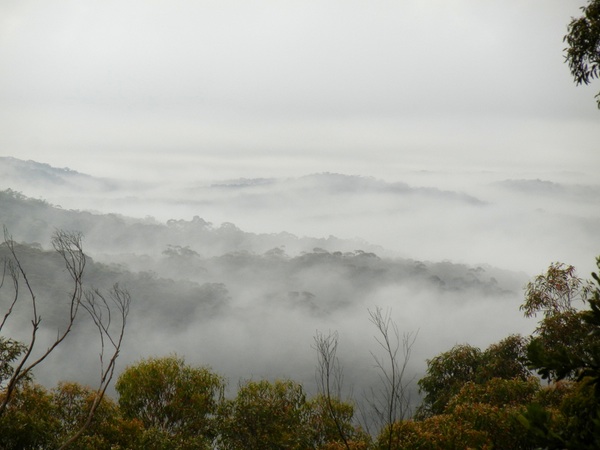 In February the Federal Court ruled that Optus TV Now, which recorded free-to-air TV on behalf of customers for more convenient playback later, was legitimate personal timeshifting as allowed under section 111 of the Copyright Act 1968. Yesterday the Full Federal Court overturned that decision.
In February the Federal Court ruled that Optus TV Now, which recorded free-to-air TV on behalf of customers for more convenient playback later, was legitimate personal timeshifting as allowed under section 111 of the Copyright Act 1968. Yesterday the Full Federal Court overturned that decision.
This case has interesting implications. Originally, Justice Steve Rares said, effectively, that someone using a recorder-in-the cloud was still making a personal copy for domestic purposes. The fact that they’re using a recording device that’s provided as a service rather than sitting on the shelf under their television is irrelevant. The Full Court is saying, effectively, that the cloud provider is complicity in the action, which means it’s no longer personal, and in some cases may even be the sole actor.
This interpretation could have massive implications for providers of other cloud services. Could they be found to be copying data that they’re not entitled to? I’m no lawyer, so don’t ask me. But I can at least see that the law is having to deal with situations that are very different from the circumstances imagined when it was written.
Paragraph 100 of the Full Court’s decisions does say:
We should emphasise that our concerns here have been limited to the particular service provider-subscriber relationship of Optus and its subscribers to the TV Now Service and to the nature and operation of the particular technology used to provide the service in question. We accept that different relationships and differing technologies may well yield different conclusions to the “who makes the copy” question.
Will this decision be appealed? You bet.
Last night I spoke about the decision and its implications with Dom Knight on ABC Local Radio nationally — well, except for the analog transmitters that were broadcasting the cricket. I also spoke about the material I presented yesterday at DigitalMe in Perth.
Podcast: Play in new window | Download (Duration: 22:54 — 9.9MB)
[Update: I just noticed that there’s a couple of little audio gaps. I was recording off the stream, y’see. I’ll fix them later.]
Personally, I stand by what I said in the opinion piece I wrote for the Sydney Morning Herald in February: Sport has to think outside the box.
If you’re in Perth today, the DigitalFamily event starts at 1000 local time at Northbridge Piazza. It’s free.
The audio is of course ©2012 Australian Broadcasting Corporation, but as usual I’m posting it here as an archive.
 I ended up talking about Apple versus Samsung on Radio 2SER’s current affairs program The Wire as well, syndicated via community radio stations around Australia.
I ended up talking about Apple versus Samsung on Radio 2SER’s current affairs program The Wire as well, syndicated via community radio stations around Australia.
 The billion-dollar legal penalty that a US court imposed on Samsung for allegedly copying Apple was the topic for my spot on
The billion-dollar legal penalty that a US court imposed on Samsung for allegedly copying Apple was the topic for my spot on  In February the Federal Court
In February the Federal Court 